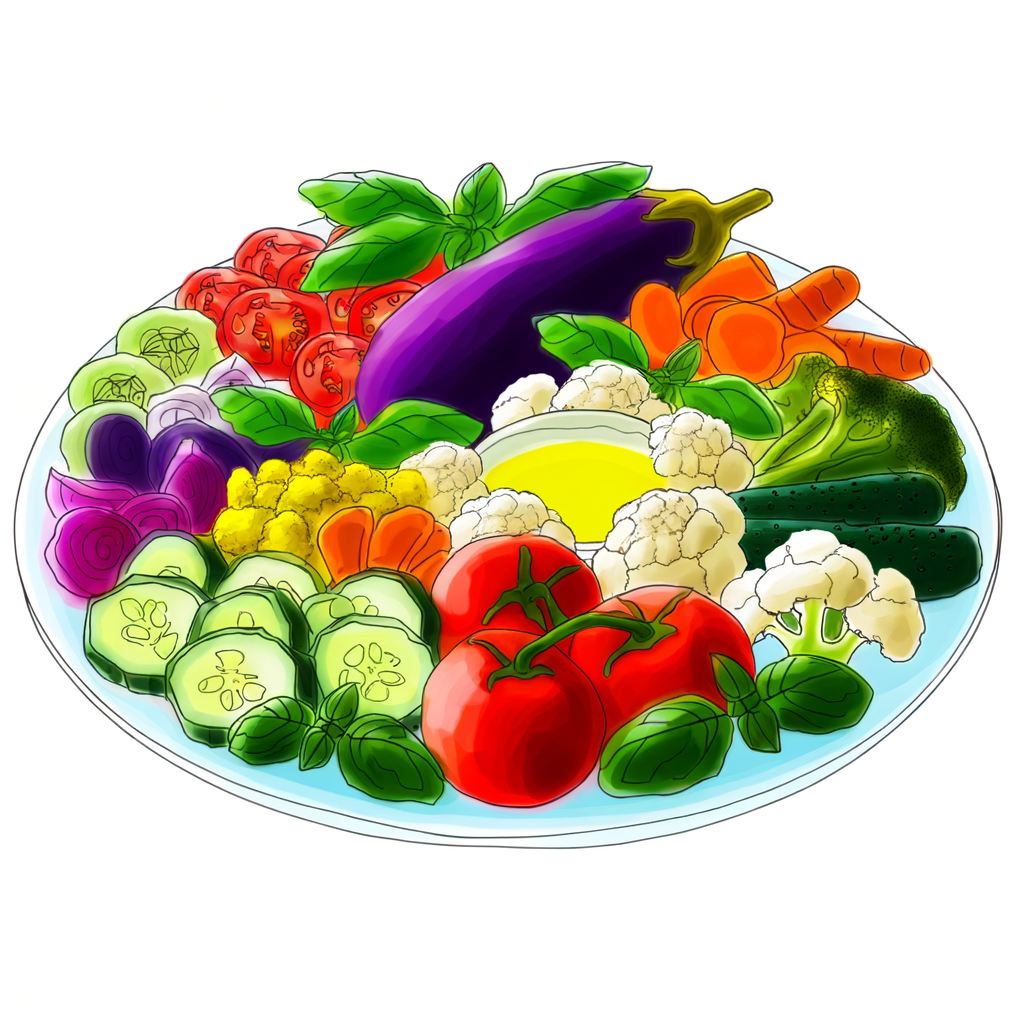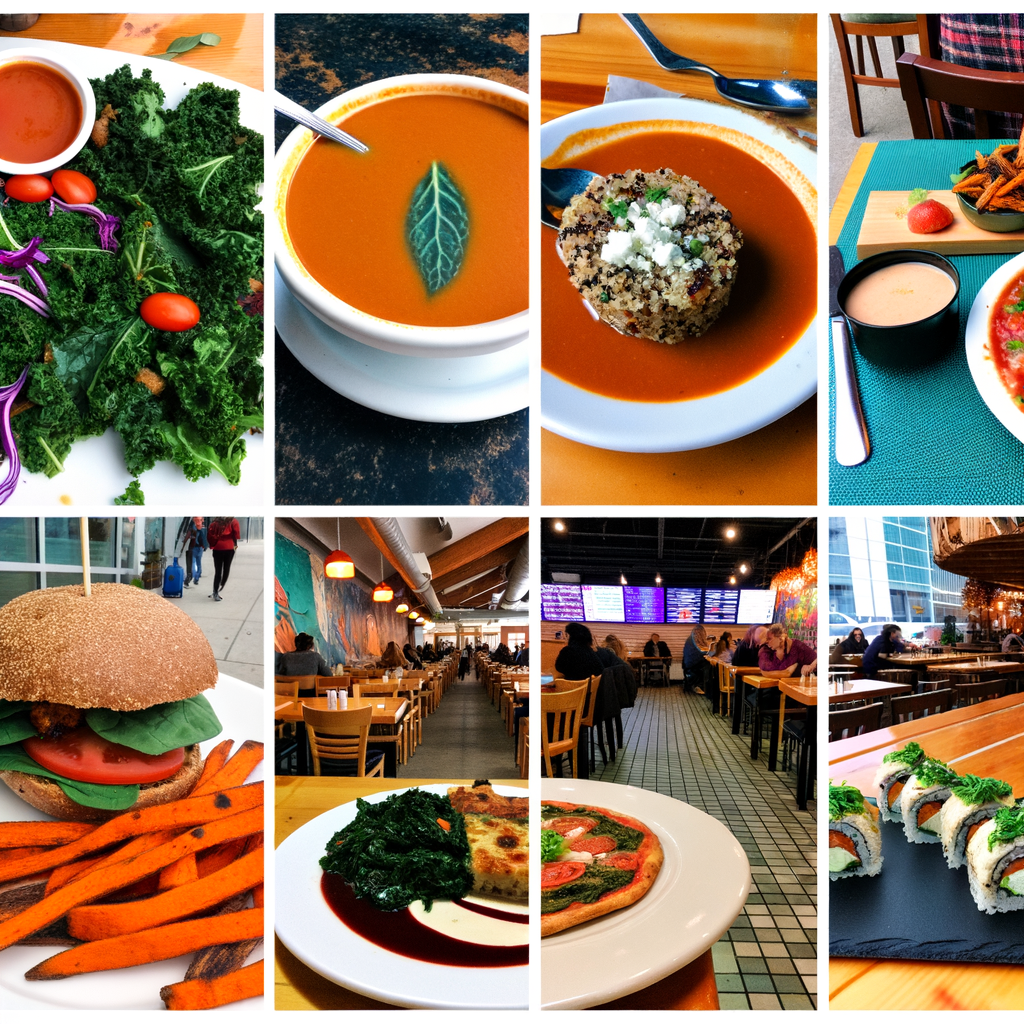As a chef, I have encountered many dietary preferences in my career. However, one that has been gaining more attention recently is vegetarianism. With a rise in health consciousness and environmental concerns, more and more people are opting for a plant-based diet. This article will focus on the benefits and considerations of a vegetarian diet.
First and foremost, a vegetarian diet is rich in nutrients and antioxidants. By consuming a variety of fruits, vegetables, and whole grains, vegetarians are able to meet their daily nutrient requirements without having to rely on meat. This includes essential vitamins such as Vitamin C, Vitamin E, and Vitamin K, as well as minerals like iron and magnesium.
Moreover, a vegetarian diet has been linked to lower rates of heart disease, obesity, and certain types of cancer. This is due to the high fiber and low cholesterol content of plant-based foods. It also promotes weight loss and can improve overall gut health.
However, there are some considerations to keep in mind when following a vegetarian diet. One of the main challenges is ensuring adequate protein intake. Vegetarians must incorporate protein-rich foods such as beans, lentils, and tofu into their meals to meet their protein requirements. It is also important to plan meals carefully to ensure a balanced and varied diet.
In conclusion, vegetarianism is a dietary preference that offers numerous health benefits. It is a sustainable and ethical way of eating that promotes overall well-being. As a chef, I believe it is important to cater to the needs of all dietary preferences and offer delicious and nutritious vegetarian options to our customers.





